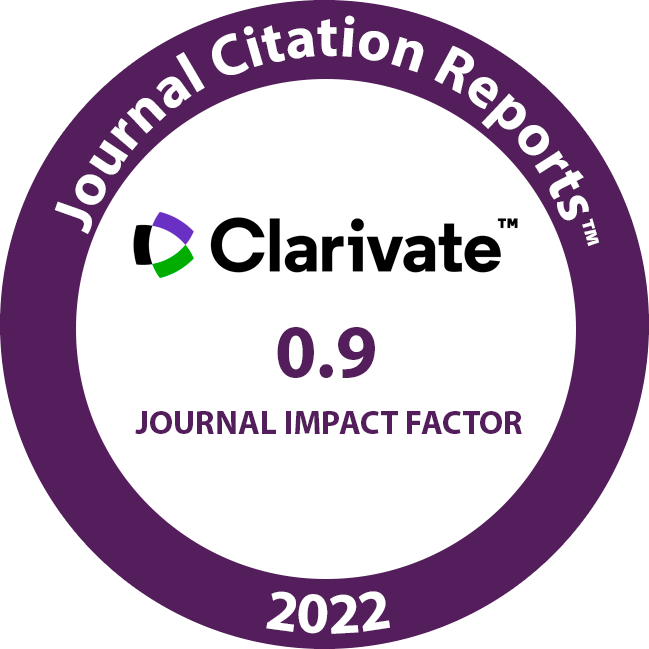Macrophysiological Responses of Two Forage Opuntia Species to Salt Stress
DOI:
https://doi.org/10.56890/jpacd.v8i.278Keywords:
Opuntia spp.; tolerance to salinity; saline water irrigation; eco-cultivation in saline areas.Abstract
The purpose of this study was to evaluate the salt tolerance of two Opuntia forage species, O. spinulifera Salm-Dyck f. nacuniana Le Houér., f. nov. and O. robusta Wendl., when they were irrigated with saline water with high content of sodium chloride. Soils in pots, under outdoor conditions, were maintained saline by watering them with salt solutions of different concentrations, e.g., 1/8 strength Hoagland’s solution in tap water (control), and solutions of NaCl made in 1/8 Hoagland’s, whose concentrations were of the order of 25, 50, and 100 mmol. When potted soils acquired approximately the same saline concentration of each solution, one cladode per plot was planted. Pots were randomly arranged in four treatments with four replications of four pots each. Irrigation of cladodes was done with the corresponding saline solution or, eventually, with tap water. After a growth period of 7 months, response to salinity was evaluated by the number of cladodes produced, their dry weight, and the root dry weight. Results showed that above-growth yield was not affected significantly until treatment of 50 mmol NaCl inclusive, but at 100 mmol NaCl (considered as high saline solution) yield was depressed in the following values: 33 and 20% for number of cladodes produced, 55 and 55% for cladode dry biomass, and 70 and 61% for root dry biomass for O. robusta and O. spinulifera, respectively. Under the conditions of this assay, both Opuntia species may be considered as medium tolerant to salt stress. O. spinulifera may be considered as less tolerant to soil salinity than O. robusta because the root yield was reduced with respect to the control by 20% at only 25 mmol NaCl concentration. In spite of that, both species would be suitable for eco-cultivation in dry ecosystems using for irrigation the currently low quality water from the water table, provided that certain agronomic principles are observed.




 Each published paper is licensed under the Attribution-NonCommercial-NoDerivatives 4.0 International License (CC BY-NC-ND 4.0) https://creativecommons.org/licenses/by-nc-nd/4.0/deed.en
Each published paper is licensed under the Attribution-NonCommercial-NoDerivatives 4.0 International License (CC BY-NC-ND 4.0) https://creativecommons.org/licenses/by-nc-nd/4.0/deed.en